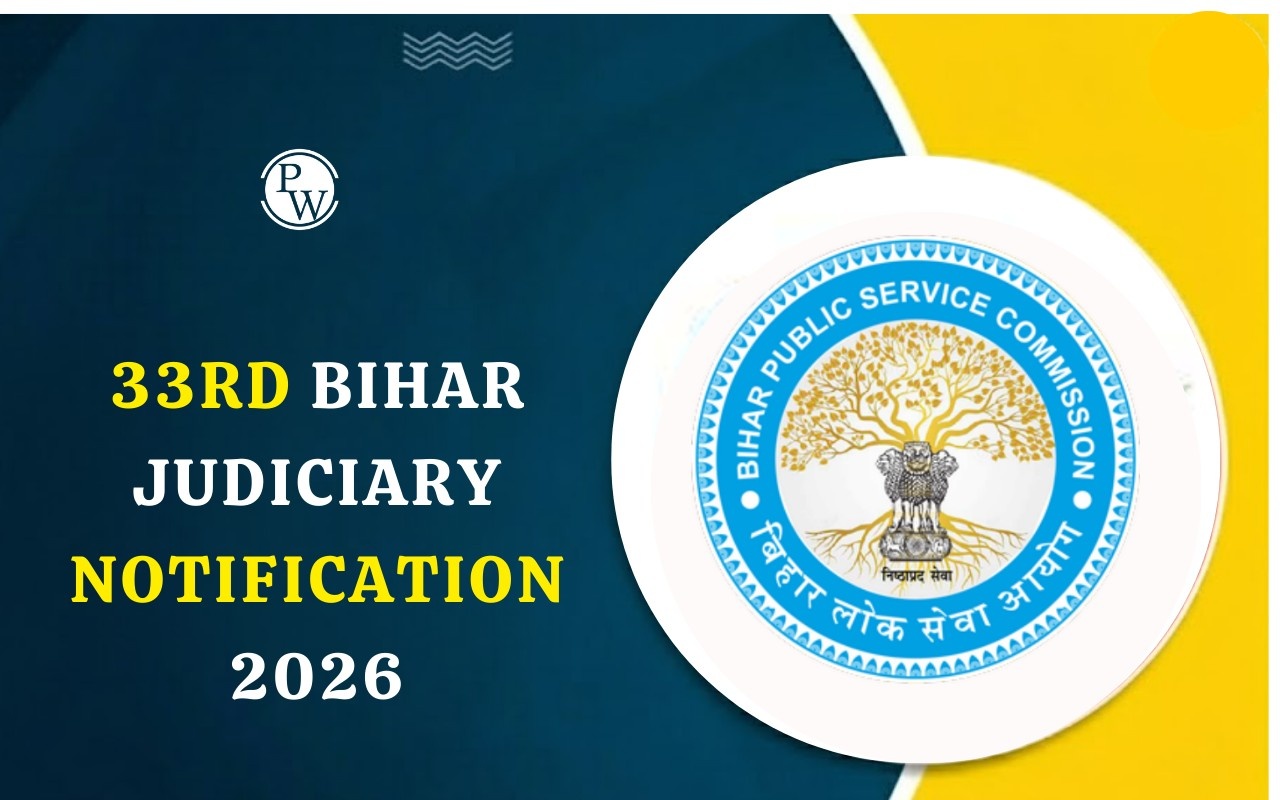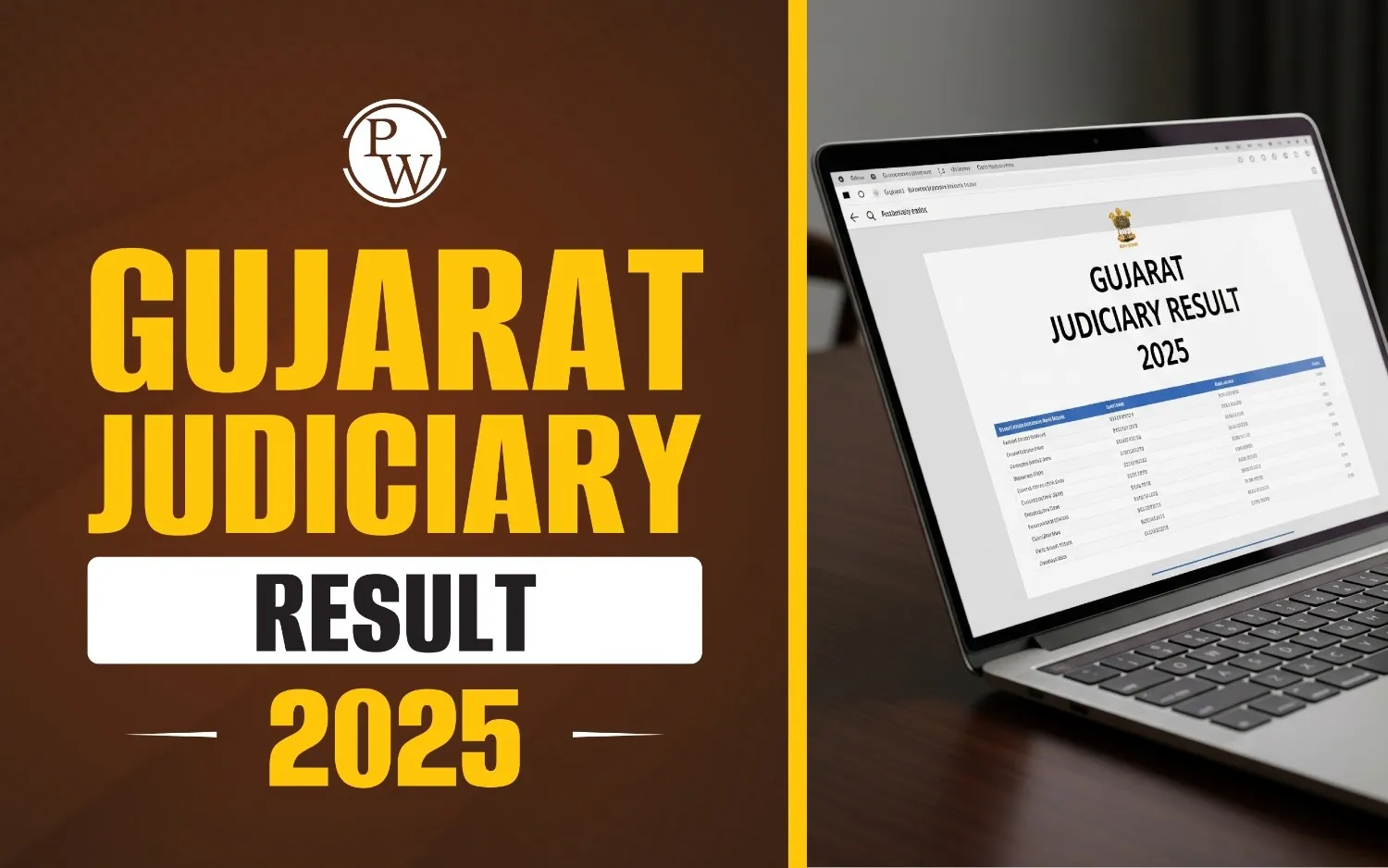
Judiciary Mains Answer Writing Tips 2025: The Judiciary Mains Exam is a critical milestone for aspirants who are aiming to secure a judicial position in India. With increasing competition, mastering the art of answer writing is necessary for every candidate to stand out. This guidepost will provide you with Judiciary Mains Answer Writing Tips 2025, highlighting key points to remember, the types of questions asked, and strategies to improve your performance.
| Judiciary Mains Exam Overview | |
|---|---|
| Aspect | Details |
| Purpose | To assess candidates' legal knowledge, analytical skills, and ability to apply the law. |
| Format | Descriptive/Subjective questions based on legal provisions, case laws, and hypothetical scenarios. |
| Subjects Covered | Constitutional Law, Criminal Law, Civil Law, Procedural Laws, and Local State Laws. |
| Question Types | Fact-based, Application-based, Opinion-based, and Case Law Analysis. |
| Word Limit | Varies per question; candidates are expected to provide concise and precise answers. |
| Evaluation Criteria | Accuracy, clarity, structure, logical reasoning, and relevance to the question asked. |
Judiciary Mains Answer Writing Tips 2025 - Points to Remember
Effective answer writing requires clarity, precision, and adherence to the exam's requirements. Below are some of the important points to remember:- Time Management : Allocate specific time for each question to ensure you attempt the entire paper. Spending too much time on one question can jeopardize your chances of completing the paper. Practice mock exams to enhance your speed and accuracy.
- Legibility : Write clearly and avoid overwriting or striking out multiple times. A neat presentation reflects professionalism.
- Support Answers with Case Laws : Wherever applicable, use relevant case laws to substantiate your arguments.
- Understand the Question Clearly : Before diving into the answer, read the question carefully to understand its demand. Highlight keywords and categorize whether the question requires a factual, analytical, or interpretative response.
- Stick to the Word Limit : Adhering to the word limit demonstrates discipline and ensures you complete the paper on time. Avoid unnecessary elaborations and keep your answers concise.
- Use Simple and Legal Language : Avoid using overly complex sentences. Use legal terminology wherever relevant, but ensure that your answer is easily comprehensible.
- Structure Your Answers : A well-structured answer includes an introduction, body, and conclusion. Present your points systematically, as this leaves a positive impression on the examiner.
When to Start Judiciary Exam Preparation
Important Things to Remember While Writing Judiciary Mains Exam 2025
Answer writing is not just about knowing the law but also about demonstrating your analytical skills. Here are important things to keep in mind:- Analyze the Question : Understand whether the question demands a descriptive, analytical, or fact-based answer. Tailor your response accordingly.
- Structure Your Answer : Begin with an introduction, followed by a structured body, and conclude with a logical summary.
- Use Subheadings and Bullet Points : Subheadings improve readability, while bullet points make your answers concise and organized.
- Avoid Irrelevant Information : Focus on answering what is asked. Irrelevant details dilute the quality of your response. Each sentence should contribute meaningfully to your answer.
- Revise Key Legal Concepts : A strong foundation in constitutional law, procedural laws, and key judgments is crucial.
- Highlight Key Points : Use underlining or bullet points to draw attention to important arguments or statutory references.
- Avoid Repetition : Be precise and avoid reiterating the same points unnecessarily.
Types of Questions Asked in Judiciary Mains Exam 2025
Understanding the types of questions is integral to preparing effectively. The Judiciary Mains Exam 2025 may include the following types of questions:- Descriptive Questions These involve detailed explanations of legal principles, doctrines, or statutory provisions.
- Fact-Based Questions These require a direct response based on legal provisions, case laws, or statutes. Precision and factual accuracy are critical here.
- Application-Based Questions These involve applying legal principles to a given situation or hypothetical scenario. Analytical skills and logical reasoning play a significant role.
- Opinion-Based Questions These test your ability to form a well-reasoned argument on a legal or ethical issue. Balanced viewpoints, supported by legal reasoning, are essential.
- Case Law Analysis Questions on landmark judgments or recent case laws demand an in-depth understanding and critical evaluation.
7 Tips to Prepare GK For Judiciary Exams
How to Write Answers for Judiciary Mains Exam 2025 - General Format
Having a general format for your answers ensures consistency and clarity and adopting it for your answers ensures consistency and helps you organize your thoughts effectively. Below is the recommended structure:1. Introduction
Start with a brief introduction to the topic, mentioning the relevant statute, constitutional provision, or principle of law.| Example: “Article 21 of the Indian Constitution guarantees the Right to Life and Personal Liberty, which has been expansively interpreted by the judiciary to include the right to privacy.” |
2. Body
Divide the body into subheadings or paragraphs, addressing different aspects of the question. Use bullet points or numbering where necessary to improve readability.-
- Statutory Provisions : Cite the relevant laws and sections.
- Case Laws : Mention landmark judgments to strengthen your arguments.
- Examples : Include hypothetical or real-life examples to illustrate your points.
| Example : “Thus, the principle of natural justice is intrinsic to ensuring a fair trial and upholding constitutional values.” |
How to Answer Fact-Based Judiciary Mains Exam Questions
Fact-based questions are straightforward but require precise legal knowledge. Follow these steps to craft effective responses:1. Start with the Legal Provision
Open your answer by mentioning the relevant section or article from the law.| Example: “Section 299 of the Indian Penal Code defines culpable homicide, which is further categorized under Section 300 as murder in specific circumstances.” |
2. Cite Relevant Case Laws
Case laws provide depth and authority to your answer.| Example: “In the landmark case of Keshavananda Bharati v. State of Kerala, the doctrine of basic structure was established, safeguarding fundamental rights.” |
3. Explain the Application
Elaborate on how the provision or judgment applies to the given facts or scenario.| Example: “In the present case, the accused’s intention and knowledge align with the requirements of culpable homicide under Section 299.” |
4. Conclude with Precision
Sum up your answer by reaffirming the applicability of the legal provision to the question.| Example: “Thus, the accused can be charged under Section 299 of the IPC for culpable homicide.” |
Common Mistakes to Avoid in Judiciary Mains Answer Writing
Even well-prepared candidates can lose marks due to avoidable mistakes in their answer writing. Identifying and rectifying these errors is important for presenting well-structured and impactful answers. Below are some common pitfalls:- Lack of Structure : Random answers can confuse the examiner. Always stick to the introduction-body-conclusion format.
- Omitting Case Laws : Failure to include relevant judgments can weaken your arguments.
- Ignoring Word Limits : Writing too much or too little can impact your overall score.
- Using Informal Language : Maintain a formal tone throughout your answers.
Judiciary Mains Answer Writing
Q1. What are the important things to remember while writing mains exam 2025?
Q2. How can I structure answers for Judiciary Mains Exam 2025?
Q3. What types of questions are asked in Judiciary Mains Exam 2025?
Q4. How to ans fact-based Judiciary Mains Exam questions?
Q5. What are Judiciary Mains Exam Answer Writing Tips 2025 for time management?










